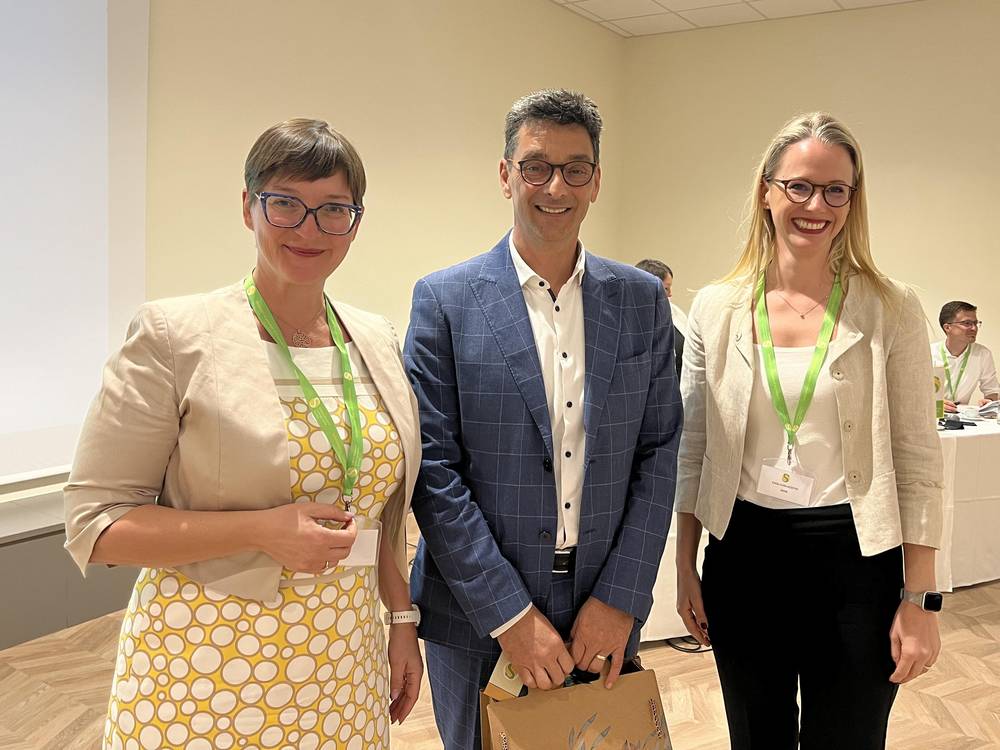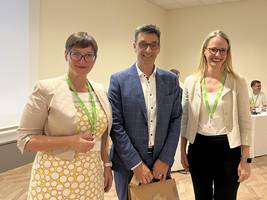On 12 April 2024, the Health and Social Care Union of Slovenia prepared professional training in Ankaran, at which the Human Rights Ombudsman Peter Svetina spoke about human rights in health and social care activities.
He informed those present about the responsibilities of the Ombudsman and the efforts of the institution in the field of social welfare. He underlined that when caring for people, whether it is covered by long-term care or personal assistance or other forms, special care must be taken to ensure that the system is designed in such a way that in the end no one will fall out of it. It is urgently necessary to ensure that caring for one's fellow man is given due importance in society, which will also be demonstrated through fair payment for work performed, he stressed.
Among other things, he expressed his disappointment that the country has so far failed to establish a network of healthcare providers, which would also enable timely planning of personnel and other issues related to the network. He expressed his regret that qualified employees in nursing are leaving the Slovenian labour market, which does not offer them decent pay, and there is also no incentive for personnel from the social field. "Everyone deserves to work in decent working conditions, in a healthy and safe environment, and to be fairly paid for it," said the Ombudsman.
He also emphasised that everyone has the right to live in the environment in which they grew up. He assessed the recent adoption of the deinstitutionalisation strategy as a first step in the right direction, but without a concrete and feasible action plan, an appropriate legislative framework and, above all, funds, it will not be enough if we want to establish an accessible, efficient, and financially sustainable system of long-term care, which will be based on social justice and intergenerational solidarity.
He also informed those present that the institution of the Ombudsman deals in more detail with the accessibility of the environment, public transport, and communications for the disabled. "When dealing with the alleged unresponsiveness of the building inspection to reports of architectural obstacles, we discovered systemic irregularities in the Equalisation of Opportunities for Persons with Disabilities Act," he emphasised, among other things.


![[Translate to English:] Varuh nagovarja občinstvo](/fileadmin/_processed_/2/2/csm_image00001_9ab84b7303.jpg)